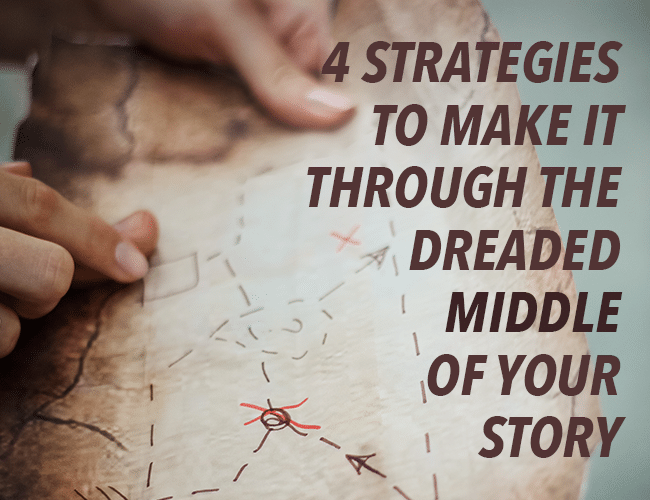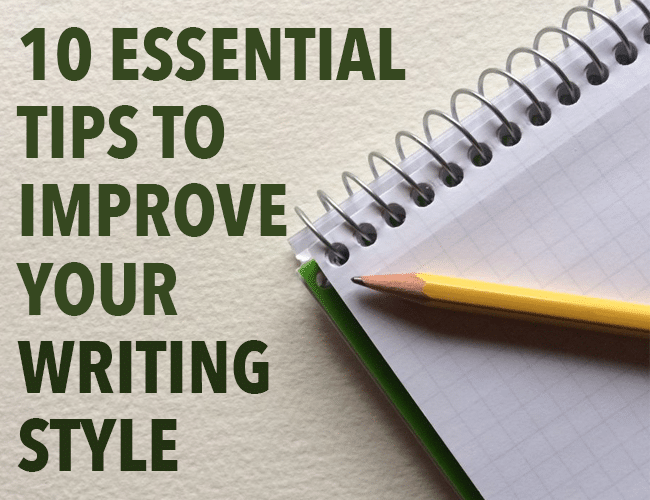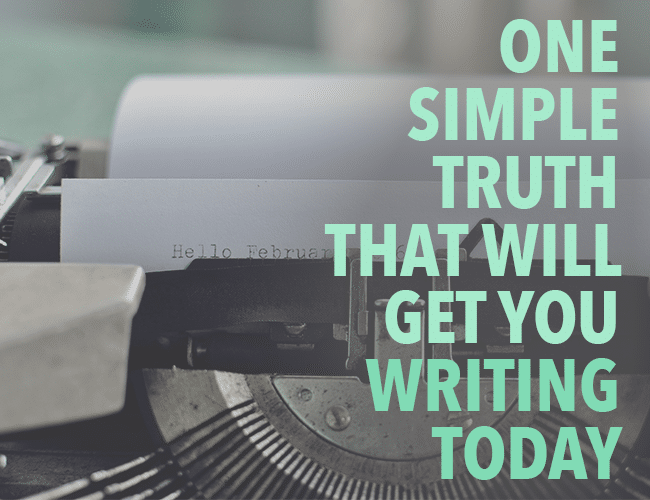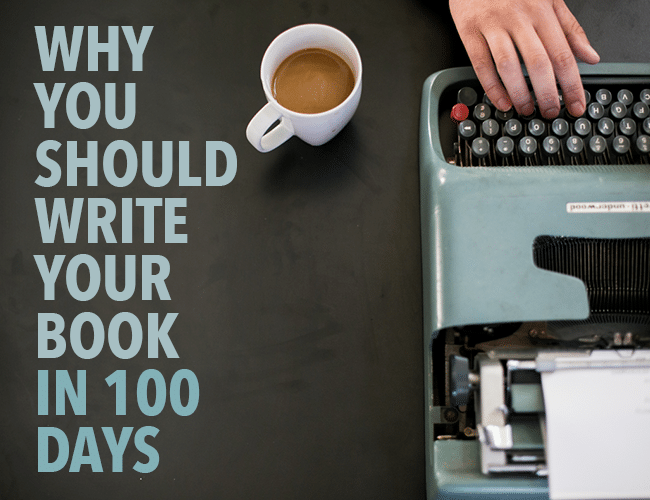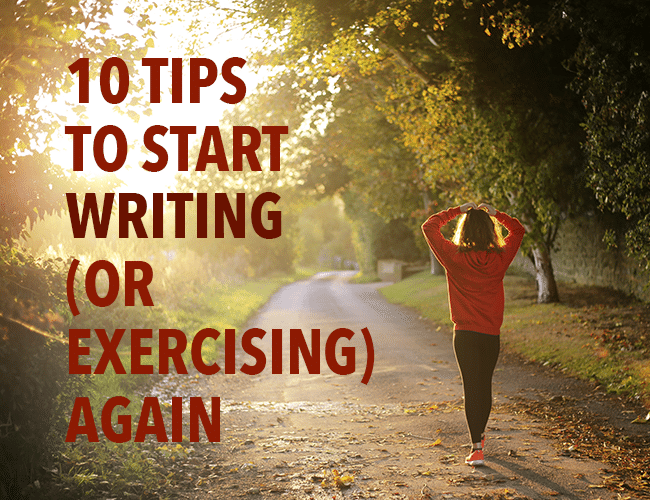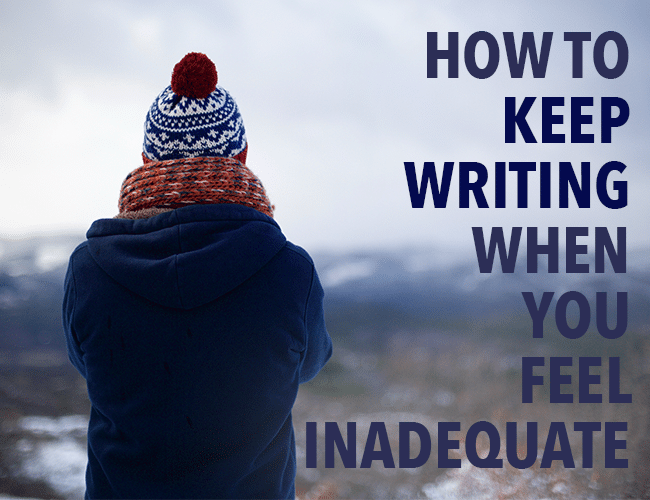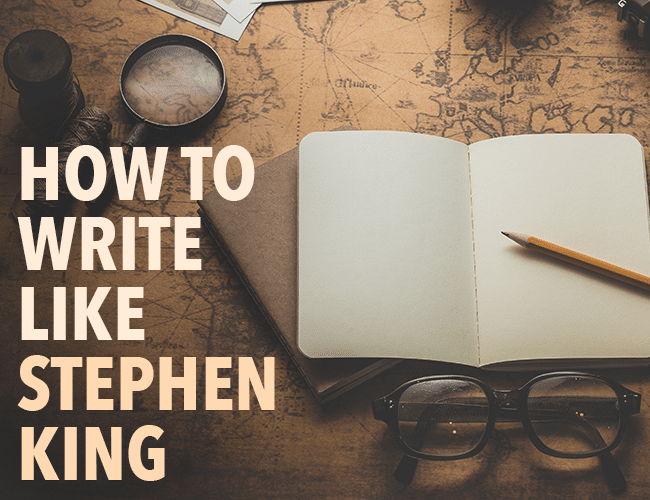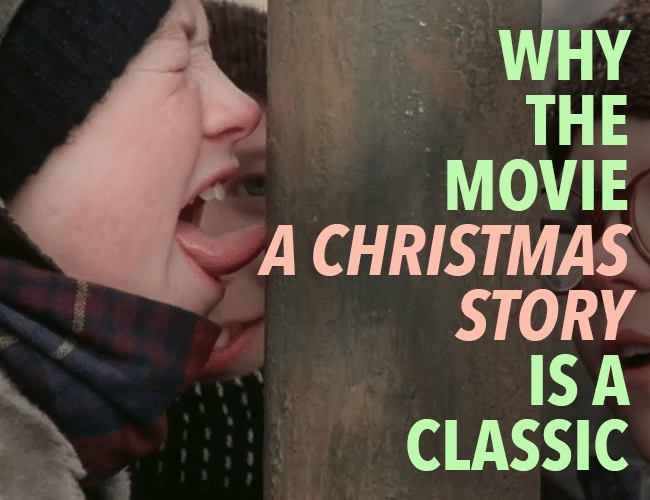The dreaded middle. We’ve all encountered it, all suffered through painful prose so we can just get to the end. There are those rare few times when we’re able to get through an entire story without much stumbling, but inevitably, every stumble comes from the middle. But why is it so hard? And how can we get past it?
